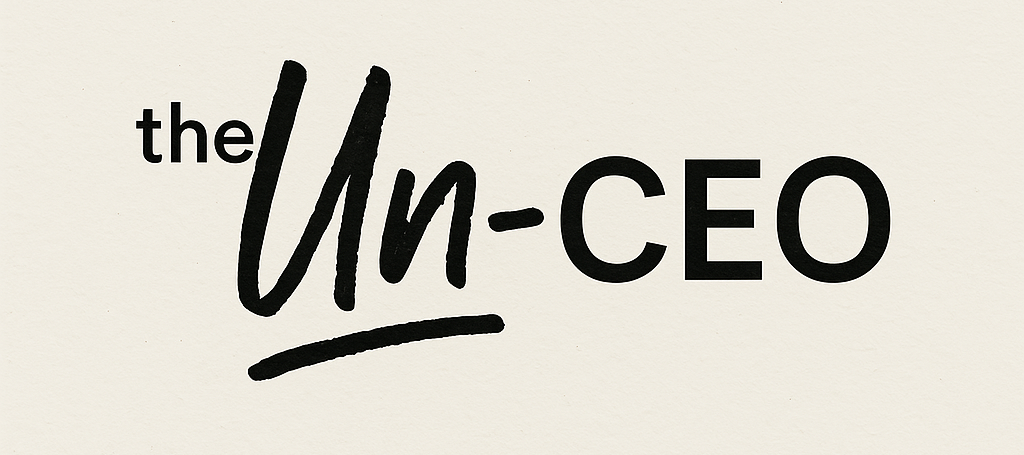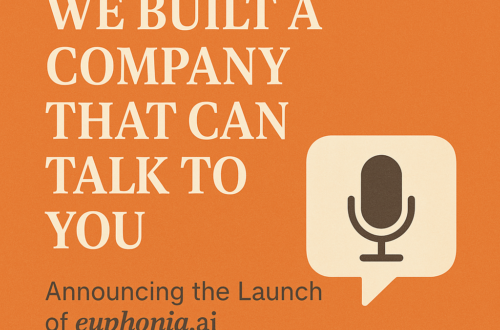
Are We in an AI Bubble? No, but Still be Wary.
9/25/2025
Super interesting article published in the Atlantic. In my 30ish years of startups i have NEVER seen anything like this current spate of AI companies. Part of it is technology:
What used to take a team of at least nine or 10 employees, can now be accomplished by just one or two founders and it’s not because of the efficiency of AI
Once you have the legal and financial underpinning of your company in place, the technology available to startups right now is unprecedented. Sites like bubble.io can help you to build a sophisticated website and user interface including login authentication and workflows. Stripe.com can do your billing. Hubspot can handle your landing pages and lead flow. Gmail is your corporate e-mail platform and Google Workspace handles your spreadsheets, documents and presentations. Zendesk can help you track support tickets and now AI can even answer your phone calls. There has never been a time like this. All of these platforms can and do talk to each other and share data. It feels like a Frankenstein’s monster of a company, but instead, it’s more like a mosaic where individual pieces fit nicely together to make a unified whole that’s both functional and beautiful.
But none of that answers the AI + US Economy question. Personally I am no longer invested in the S&P Index. It is too heavily weighted in the top 7 which defeats the purpose of the index in the first place. I have moved to international index stocks and bonds (I don’t believe in the US economy regardless of AI – the tariffs and deportations will drop us into a recession/depression with or without AI.)
Years ago I wrote a blog post about how long it took companies to transition from steam to electricity. With steam you had one large engine at the back of the shop that drove a drive-wheel/shaft down the length of the building that would drive the drills, lathes, etc. Electricity allowed you to plug in your machine anywhere and you didn’t need long low buildings any more (you also didn’t need them for sunlight).
The article mentions a case study I was not familiar with: Getting rid of secretaries because you can now type your own e-mail but which led to the rise of having to hire more knowledge workers because they were now less efficient.
My own use if AI has made it so that I, an only OK programmer, could put together a full javascript integration with our API to our website. John, my business partner and our technical founder, would look over my shoulder and point me in the right direction here and there, but I was able to do something there is NO way I could have done without AI. So, it didn’t make ME more efficient, but it made it so we didn’t have to hire a new junior developer. The down-side, is that there is little consistency between the various java scripts. At some point the AI did something new that I liked and I had it go back and re-write all the old code with the new paradigm. The lack of consistancy makes it harder for a new developer to come in and take over with all the differences in the code.
Did it make us/me LESS efficient or productive? No. I’m also not sure coding is THE TEST for AI. It’s a good test, but I’m not sure it’s THE test.
In short, yes, don’t put all your eggs in the AI basket. And I do see how an AI collapse would cause a HUGE disruption in the US economy. I also think that a lot of companies pulled the trigger way too early for downsizing. It’s a new powerful tool, but we don’t exactly know how to use it yet. I do think it will add value to the economy, much like the Internet. There will be new companies and whole new industries based on things we don’t even know about today. And it will probably be faster than the Internet adoption, but even that took a solid 20 years.
Sources:
Original article from The Atlantic: https://www.theatlantic.com/economy/archive/2025/09/ai-bubble-us-economy/684128/
Image Source: The Met Collection.
Title: Soap Bubbles
Artist: Jean Siméon Chardin (French, Paris 1699–1779 Paris)
Date: ca. 1733–34
Medium: Oil on canvas




